
Goodbye, Mr. Chips is a novella about the life of a school teacher, Mr. Chipping, written by English writer James Hilton and first published by Hodder & Stoughton in October 1934. It has been adapted into two feature films and two television presentations.

Sir Ralph David Richardson was an English actor who, with John Gielgud and Laurence Olivier, was one of the trinity of male actors who dominated the British stage for much of the 20th century. He worked in films throughout most of his career, and played more than sixty cinema roles. From an artistic but not theatrical background, Richardson had no thought of a stage career until a production of Hamlet in Brighton inspired him to become an actor. He learned his craft in the 1920s with a touring company and later the Birmingham Repertory Theatre. In 1931 he joined the Old Vic, playing mostly Shakespearean roles. He led the company the following season, succeeding Gielgud, who had taught him much about stage technique. After he left the company, a series of leading roles took him to stardom in the West End and on Broadway.
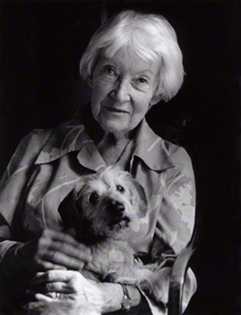
Elizabeth Dilys Powell was a British film critic and travel writer who contributed to The Sunday Times for more than 50 years. Powell was known for her receptiveness to cultural change in the cinema and coined many classic phrases about films and actors. She was a founding member of the Independent Television Authority (ITA), which launched commercial television in the UK. She was also the second female president of the Classical Association. Powell wrote several books on films and her travels in Greece.

Stella Dorothea Gibbons was an English author, journalist, and poet. She established her reputation with her first novel, Cold Comfort Farm (1932) which has been reprinted many times. Although she was active as a writer for half a century, none of her later 22 novels or other literary works—which included a sequel to Cold Comfort Farm—achieved the same critical or popular success. Much of her work was long out of print before a modest revival in the 21st century.
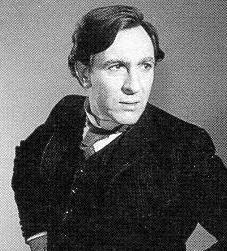
Sir Robert Graham Stephens was a leading English actor in the early years of Britain's Royal National Theatre. He was one of the most respected actors of his generation and was at one time regarded as the natural successor to Laurence Olivier.
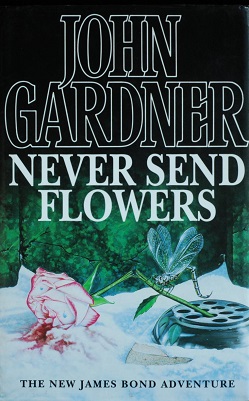
Never Send Flowers, first published in 1993, was the thirteenth novel by John Gardner featuring Ian Fleming's secret agent, James Bond. Carrying the Glidrose Publications copyright, it was first published in the United Kingdom by Hodder & Stoughton and in the United States by Putnam.

The Facts of Death, first published in 1998, was the third novel by Raymond Benson featuring Ian Fleming's secret agent, James Bond. Carrying the Glidrose Publications copyright—the final James Bond novel to do so—it was first published in the United Kingdom by Hodder & Stoughton and in the United States by Putnam.

High Time to Kill, published in 1999, is the fourth novel by Raymond Benson featuring Ian Fleming's secret agent, James Bond. This is the first James Bond novel copyrighted by Ian Fleming Publications. It was published in the United Kingdom by Hodder & Stoughton and in the United States by Putnam. The novel's working title was A Better Way to Die.
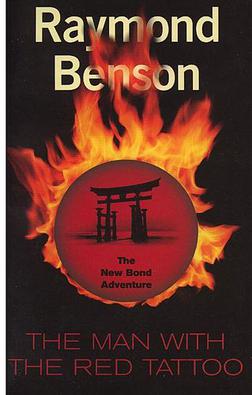
The Man with the Red Tattoo, first published in 2002, was the sixth and final original novel by Raymond Benson featuring Ian Fleming's character James Bond. Carrying the Ian Fleming Publications copyright, it was first published in the United Kingdom by Hodder & Stoughton and in the United States by Putnam. It was later published in Japan in 2003. The novel's working title was Red Widow Dawn.
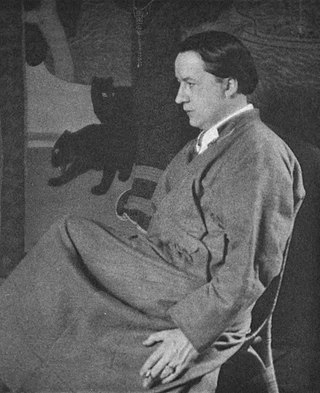
Edmund Dulac was a French-British naturalised magazine illustrator, book illustrator and stamp designer. Born in Toulouse, he studied law but later turned to the study of art at the École des Beaux-Arts. He moved to London early in the 20th century and in 1905 received his first commission to illustrate the novels of the Brontë Sisters. During World War I, Dulac produced relief books. After the war, the deluxe children's book market shrank, and he then turned to magazine illustrations among other ventures. He designed banknotes during World War II and postage stamps, most notably those that heralded the beginning of Queen Elizabeth II's reign.

Hodder & Stoughton is a British publishing house, now an imprint of Hachette.
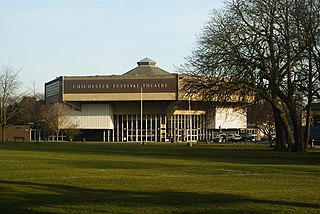
Chichester Festival Theatre is a theatre and Grade II* listed building situated in Oaklands Park in the city of Chichester, West Sussex, England. Designed by Philip Powell and Hidalgo Moya, it was opened by its founder Leslie Evershed-Martin in 1962. The smaller and more intimate Minerva Theatre was built nearby in 1989.

John Connolly is an Irish writer who is best known for his series of novels starring private detective Charlie Parker.
Claude Voilier was a French teacher, journalist, translator, and a prolific author, having written over 600 short stories for various French magazines, and about 400 stories for children. In the English-speaking world, she is best known for her continuation of Enid Blyton's The Famous Five series of children's adventure novels.
Allie Esiri, formerly Allie Byrne, is a British writer/poetry curator and former stage, film, and television actress.
Ian Francis Kelly is a British writer and actor. His works include historical biographies, stage and screenplays.

Andrew Annandale Sinclair FRSL FRSA was a British novelist, historian, biographer, critic, filmmaker, and a publisher of classic and modern film scripts. He has been described as a "writer of extraordinary fluency and copiousness, whether in fiction or in American social history".

James Anthony Bowen is an English author based in London. His memoirs A Street Cat Named Bob, The World According to Bob and A Gift from Bob, written with Garry Jenkins, were international best-sellers. A film based on the first two books was released in 2016 and a sequel was released in 2020. Bowen now dedicates his time to helping numerous charities that involve homelessness, literacy and animal welfare.
Frank Gale Pedrick-Harvey, known professionally as Gale Pedrick, was an English writer, journalist, scriptwriter, and broadcaster.

Soul Survivor is a spiritual autobiography by Philip Yancey, a prominent Christianity Today columnist. With the subtitle How My Faith Survived the Church, the book was published in 2001 by Doubleday, which marketed it as a mainstream book. A five-hour-long, three-audio-cassette audiobook edition read by Yancey was also released that year with the same subtitle. In the United Kingdom, the book was published by Hodder & Stoughton with the subtitle Searching for Meaningful Faith. Random House published a paperback edition in 2003 with the subtitle How Thirteen Unlikely Mentors Helped My Faith Survive the Church.















